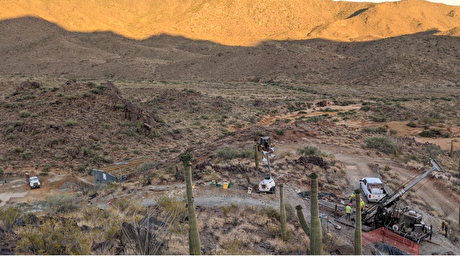
Argentina-Bolivia ties cool, gas supply at stake
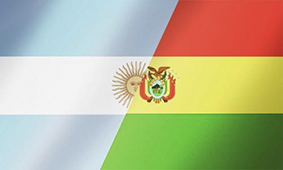
Anez declared her interim presidency in the tense aftermath of the 10 November resignation of longtime president Evo Morales, who has since fled to Mexico. He and his supporters maintain that he was the victim of a coup.
Argentina's pro-business president Mauricio Macri, who has been a vocal protagonist in a regional campaign to isolate Morales' Venezuelan ally Nicolas Maduro, will be replaced by his political foil Alberto Fernandez on 10 December.
Fernandez and his unrelated vice president-elect and populist former president Cristina Fernandez have repeatedly described Morales' departure as a coup, and criticized Macri's government for its posture throughout Bolivia's political crisis.
In Argentina's opposition-controlled congress yesterday, lawmakers approved resolutions condemning the "coup d'etat in Bolivia."
It seems unlikely that the incoming administration's posture on Bolivia would immediately impact their commercial relations, which are centered on Bolivian gas supply. Bolivia exports pipeline gas to Argentina under a long-term contract that runs through 2026. On 11 November, the day after the resignation of Bolivia's longtime president Evo Morales, Bolivian state-owned oil and gas company YPFB warned its Argentinian counterpart IEASA of possible supply disruptions caused by the country's ongoing political crisis. In recent days, Morales supporters have blocked YPFB's Carrasco field and related oil and gas installations in Cochabamba department.
But because Argentina's own shale gas production is rising quickly, the Bolivian gas is losing relevance in the market anyway. If bilateral relations deteriorate, Argentina could be less inclined to buy Bolivian gas that accounts for the bulk of Bolivia's earnings. Yet there are logistical obstacles that would prevent a quick replacement for Bolivian gas, which mostly supplies generators and distributors in northern Argentina. Although there is plenty of gas in southern Argentina, particularly in the Vaca Muerta shale formation, there is not enough transportation infrastructure to get that gas easily to the northern end of the country.
Bolivia also exports gas to neighboring Brazil, and YPFB has similarly warned Brazilian state-controlled Petrobras of possible supply disruptions. But unlike Argentina, the government of Brazilian president Jair Bolsonaro, a conservative US ally, has recognized Anez, congratulating her for "constitutionally assuming the presidency of Bolivia" and welcomed her call for prompt elections.
Letter of the law
For now, the Macri government is sticking to the letter of the law, saying the conditions have not been met to fully recognize Anez as the country's leader.
"We are analyzing the ascension of Senator Añez as president of the Bolivian Senate," a foreign ministry official said.
"In the power vacuum generated by the resignation of Evo and the vice (president), she is a reference of authority in the critical situation of institutional vacuum that exists," the official added.
The controversy over recognizing Anez rests in the lack of legislative quorum required to ratify her interim presidency this week. Lawmakers from Morales' Movement toward Socialism party (MAS) boycotted the process.
"At the margin of the formality of recognizing titles, we hope that the necessary dialogue with all the Bolivian political actors begins to find an institutional solution that brings some calm to the streets to allow a call for elections," the official said.
The US and the UK have recognized Anez and urged the prompt convening of new elections, which should take place in early 2020. The EU has been more cautious.
And in a significant departure from the pro-Morales camp, Russian deputy foreign minister Sergei Ryabkov said that despite the lack of quorum, Anez is "clearly...the acknowledged leader of Bolivia until the selection of a new president through elections." The foreign ministry described the Bolivian situation as "fraught with complications" and said it still considers the Bolivian events as an "orchestrated state coup." Russia's Gazprom is among the foreign companies active in Bolivia.
The Organization of American States (OAS) had declared widespread irregularities in Bolivia's 20 October elections in which Morales had sought a fourth term in office.
In one of her first moves as caretaker president, Anez recognized Venezuelan opposition leader Juan Guaido as that country's interim president, and he recognized her in return.

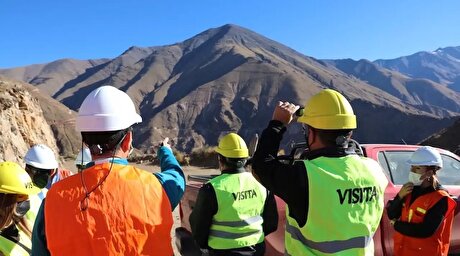
Royal Gold to acquire Sandstorm, Horizon in $3.7B deal
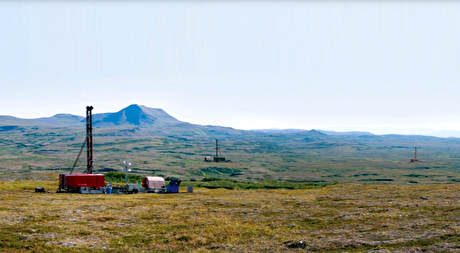
Northern Dynasty in talks to settle EPA litigation, shares hit 5-year high
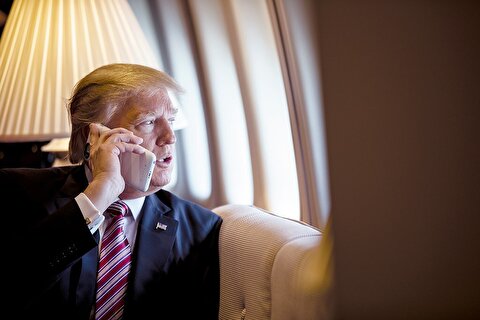
Gold price retreats to one-week low on US tariff delay
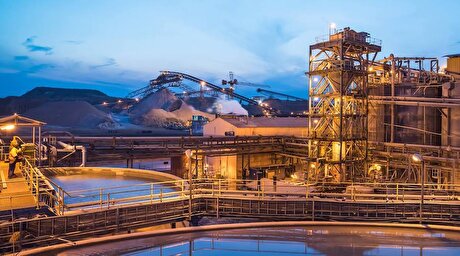
Mali to sell $107M in gold from Barrick to fund mine restart

China Rare Earth Group says executive moves at listed unit won’t affect operations

US couple could face trial over gold bars missing from 18th Century sunken ship
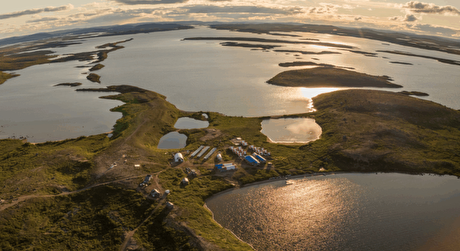
Torngat Metals’ rare earths project revival aims to create ‘a new industry in Canada’ CEO says
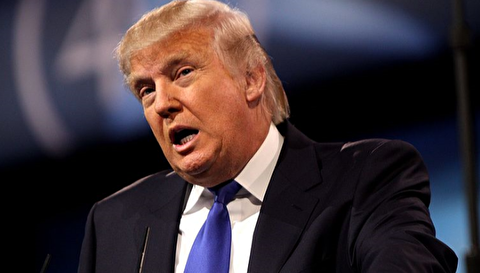
Copper price soars to record as Trump announces 50% tariff
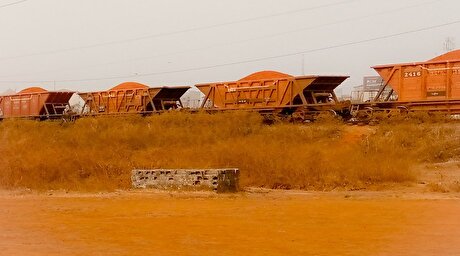
Guinea bauxite exports up 36% on Chinese demand
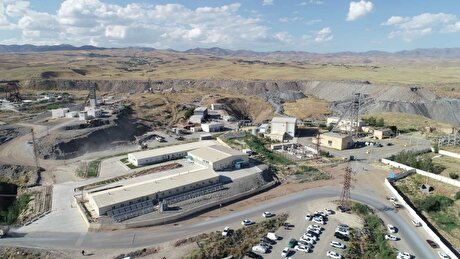
Navoi saw first half output value double on higher gold prices

Fatalities rise for second year in global mining sector

Taseko more than doubles value of Yellowhead project near Gibraltar
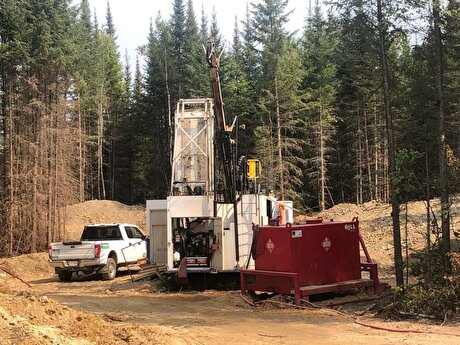
McFarlane Lake expands portfolio with $22M buy from Aris
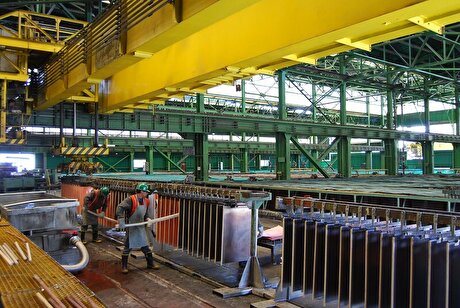
Smelter mishap stokes shutdown push at Codelco
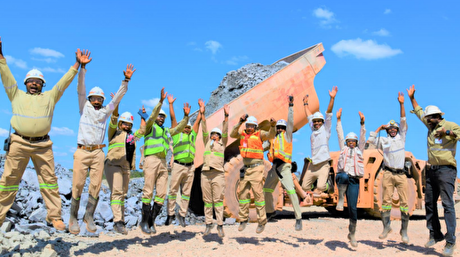
Copper output at Ivanhoe’s Congo mine jumps in second quarter

Gold ETFs drew largest inflow in five years during first half of 2025, WGC says
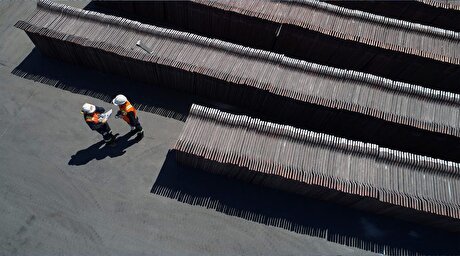
Glencore to sell Philippine copper smelter to Villar family

Mali to sell $107M in gold from Barrick to fund mine restart

EU prepares to stockpile critical minerals in case of war: FT

Navoi saw first half output value double on higher gold prices

Fatalities rise for second year in global mining sector

Taseko more than doubles value of Yellowhead project near Gibraltar

McFarlane Lake expands portfolio with $22M buy from Aris

Gold ETFs drew largest inflow in five years during first half of 2025, WGC says

Mali to sell $107M in gold from Barrick to fund mine restart

EU prepares to stockpile critical minerals in case of war: FT
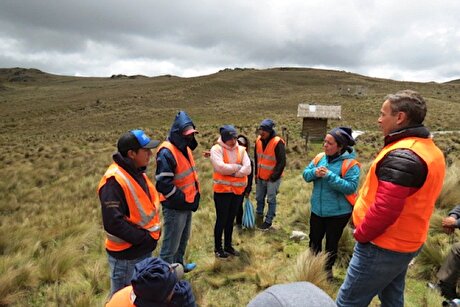
Dundee receives environmental OK for underground gold project in Ecuador
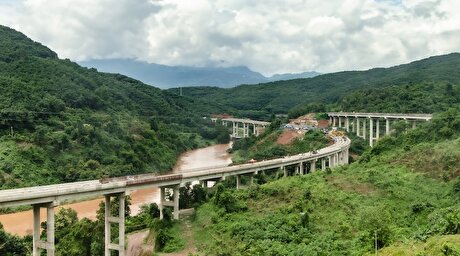
China’s mining investment sets new record












